18 Dec 2019 - {{hitsCtrl.values.hits}}
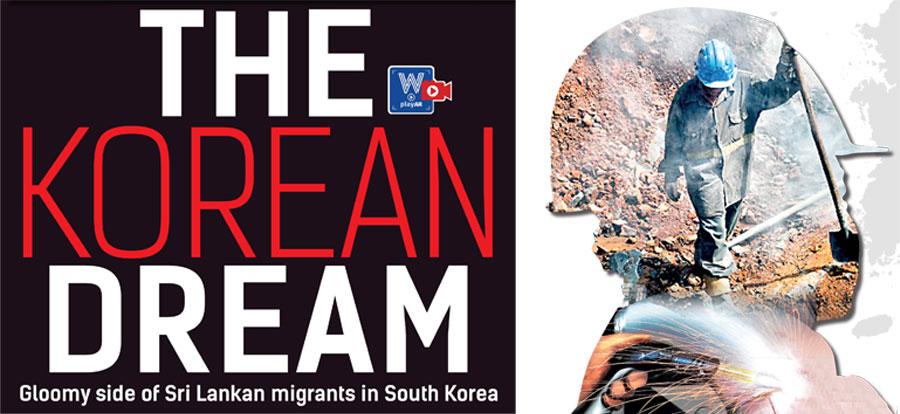
By Piyumi Fonseka
A coffin was rolled out of the arrival area of the Bandaranaike International Airport. Inside was the remains of twenty-four-year-old Ganushka Madumal who drowned in South Korea in a boat accident. Madumal, who had never swum in Sri Lankan seas, was working in a fishing vessel in Korea. He was not even wearing a life jacket at the time of the accident.
A substantial number of Sri Lankan unskilled workers in South Korea are working under adverse occupational exposure and appalling working conditions resulting in serious health outcomes such as fatal occupational injuries, an investigation by the Daily Mirror’s newest segment Eye has unearthed. Sri Lankan workers in Ansan, the biggest foreigner-concentrated industrial area in South Korea opened up to Eye about unfortunate work-related accidents where some Sri Lankan workers got crushed to death after heavy equipment collapsed on them. Some workers have died after being trapped under heavy machines and drowned in the sea just like Madumal.
However, very limited data regarding the issues faced by Sri Lankan migrant workers in South Korea is available in public domain. Eye also noticed unmistakable discrepancies among the data collected by Sri Lanka Bureau of Foreign Employment (SLBFE), Foreign Affairs Ministry and Sri Lankan Embassy in Korea regarding unskilled Sri Lankan workers in Korea.
Seeking ‘wons’ in Korea
Korea has signed an agreement under the Employment Permit System (EPS) with 16 countries to fill low-skilled jobs in sectors such as manufacturing, fishing, construction, agriculture and livestock. The jobs available in these fields which are called ‘3D’ jobs (Dirty, Difficult and Dangerous) and are shunned by Koreans due to low pay and poor working conditions. According to official records at present there are 2.4 million migrant workers in Korea and the number has doubled during the past 10 years.
To Sri Lankan migrant workers aged between 18-39, South Korea is a land of opportunity where they can earn around LKR 200, 000-400, 000 -- more than what they earn in their motherland. Under the EPS, applicants are selected based on their proficiency in the Korean language. Working visas (E.9 visa) are issued for those who succeed in the language proficiency test which allows them to work for up to four years and 10 months. According to SLBFE, the number of Sri Lankan migrant workers on the EPS is more than 22,000. However, these figures are not precise since Sri Lankans workers who are overstaying their visas are increasing alarmingly.
"Deaths of our men don’t even get reported in the media. Sri Lankan officials working in Korea don’t give us much support to solve our problems. They aren’t interested in addressing these deaths and issues of our men because they fear the Korean Government might slash the quota for Sri Lankans if we start to speak up. That is why they stay silent"
Dirty, Difficult and Dangerous jobs (3D jobs)
When Sampath (29) a fisherman in Jeju-do, Korea found working conditions in his first job so unbearable, he had no option, but to escape from the clutches of his cruel employer and become an irregular worker. Korean employers still hire irregular workers because their illegal status would prevent them from protesting against harsh working environments and demanding better treatment.
Under the EPS, migrant workers can only change job thrice the most during the three year period. Additionally, workers must obtain a release form signed by their employers in order to change jobs and find new employment within 3 months of leaving a place of employment. Otherwise, they lose their legal status and are thus subject to arrest. According to the Korean Immigration Office, an estimated 380,000 illegal migrant workers are staying in Korea. Despite the figure 3821 illegal Sri Lankan workers as reported by SLBFE, the acttal numbers are higher.
Sampath couldn’t obtain a release form from his first employer. He said that despite the current working place, a fishing vessel, is similar to the earlier place in terms of ill treatment and risks to his life. He had no alternative, but to endure the conditions in order to retain the job and send money to his family in Sri Lanka, who are wholly dependent on his remittance. He said: “My family back home has very high expectations of me. So, I decided to sustain the difficulties for the sake of my family.”
“It is very difficult for even a regular swimmer like me to get used to the Korean sea. Sailing without life jackets puts the lives of our workers in peril. My employer is also not letting us wear life jackets because he thinks wearing life jackets makes it difficult for us to move comfortably and work efficiently,” Sampath claimed.
He reported discrepancies between his contract and the actual work. “I am required to work long hours and night shifts. I am forced to serve tea and do cleaning too. We have not come to Korea to work as slaves. We provide a service for which we get paid,” he said.
Officials from the Korean Division of the SLBFE stated that workers who become irregular are even more vulnerable to exploitation.
Irregular workers like Sampath aren’t able to turn to the Korean Government authorities including labour officials and the police for assistance in the face of a problem because they may get arrested and later be deported.
Safety taken for granted
The workers engaged in 3D jobs are exposed to physical and chemical hazards, such as uncomfortable postures which cause pain and excessive physical loading, heat, noise and dangerous chemicals. Rasika Gamage, a re-entry worker in Ansan, explained how workers’ safety is taken for granted by the Korean employers for the sake of meeting production targets. There are sensors and controllers set up in bulky and hard-to-reach machines in factories to detect the physical environments. When it comes to functional safety and reducing accidents in the workplace, sensors and controllers play an important role. In many cases, the full use of sensors means preventing injuries and accidents before they take place.
Rasika claimed that many factory owners have advised to remove the sensors and controllers, so that they could continue with the manufacturing process sans hindrance. “A close friend of mine who works in a nearby factory recently got both his hands crushed in a machine. Another friend of mine suffered severe burn injuries when a hot water pipe fell onto him. Another guy with long hair got his hair caught in a machine and his entire scalp got pulled out. He died during admission to the hospital. All of them are Sri Lankans in their twenties,” he reminisced.
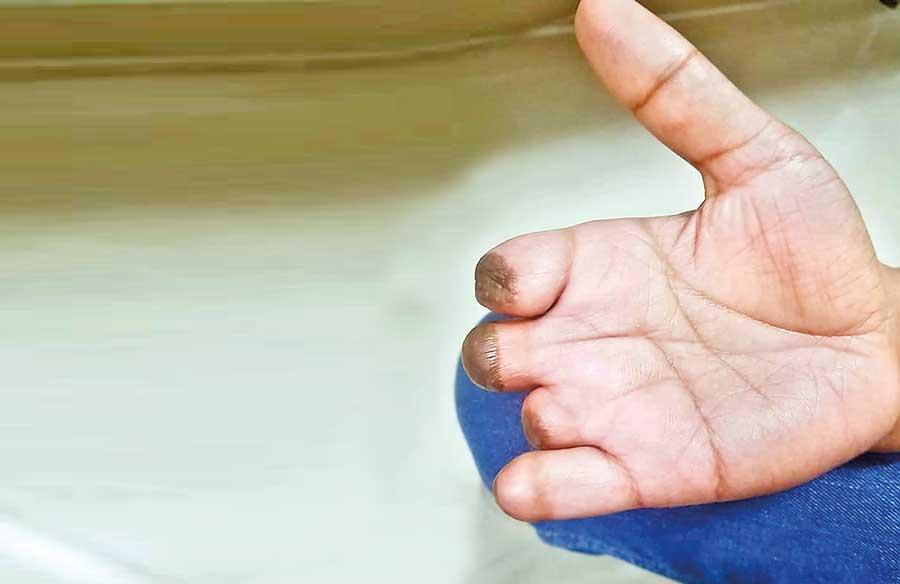
Getting injured at their very dangerous jobs and eventually returning to their motherland as a group of disabled men
Another Sri Lankan worker, speaking on terms of anonymity, said that employers seem to feel that they have no obligation towards unregistered migrant workers in helping them receive compensation or medical treatment.
“They simply threaten workers and state that they would report their illegal stay to the authorities,” he said.
Both Korean and officials of the Government of Sri Lanka have been deployed to provide assistance to migrant workers. However, Charith (24) working in the manufacturing field in Ansan, alleged that they don’t receive the desired support from any of the officials.
“Deaths of our men don’t even get reported in the media. Sri Lankan officials working in Korea don’t give us much support to solve our problems. They aren’t interested in addressing these deaths and issues of our men because they fear the Korean Government might slash the quota for Sri Lankans if we start to speak up. That is why they stay silent,” Charith complained.
After pawning their properties and other assets, it wasn’t easy for them to arrive in Korea in the first place. Their stance is that no matter how appalling the work environment there, returning to Sri Lanka isn’t an option.
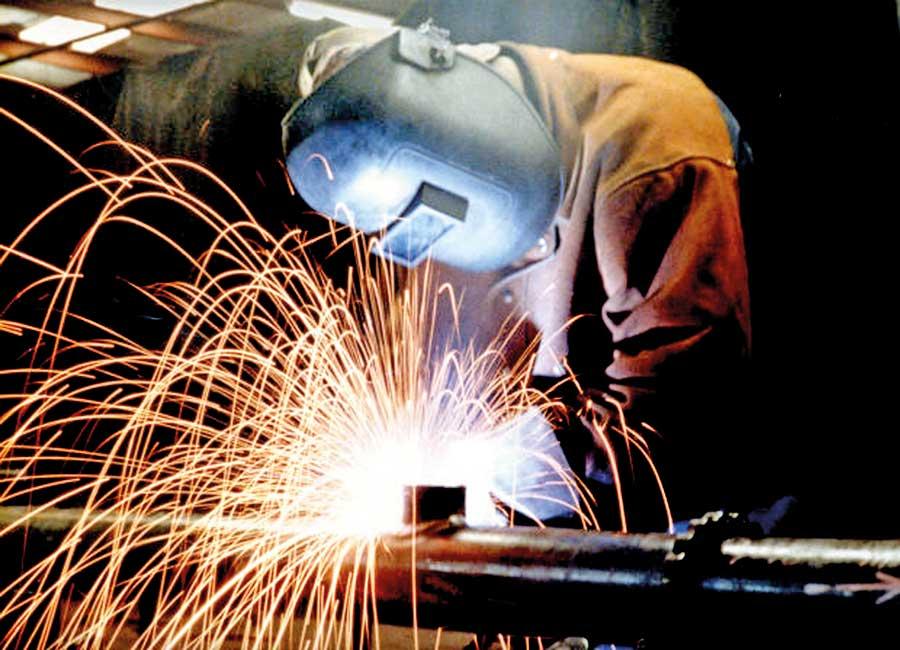
Many factory owners have advised to remove the sensors and controllers, so that they could continue with the manufacturing process sans hindrance
Problems with pre-departure training
One of the main reasons for the increasing fatalities regarding Sri Lankan migrant workers in Korea is due to the lack of occupational training and knowledge relevant for the jobs.
Mangala Randeniya, Deputy General Manager (Training, Marketing & Recruitment) of the SLBFE said that following the skills test, a 10-day residential pre-departure training is provided by the SLBFE. The existing training programme is to determine the physical fitness of workers, he said.
However, there is a growing call among the workers for a change in the training programme. They said it should be longer and more practical.
Sri Lankan worker Indunil Saumyarathna, who is now a Korean citizen after marriage, claimed that the training provided by the SLBEF is very similar to a military training; taking the form of workers being trained to enter a military school. He said “the training is of no use for our jobs. When it comes to the fishery sector, the training provided is worthless.
There are so many youth, who have never waded on the water on the seashore when in Sri Lanka, who are now working in deep sea fishing vessels in Korea. Doing push-ups and running and getting a basic knowledge of the language aren’t enough to work and live in Korea.”
Indunil is of the opinion that in order to reduce irregular workers, the authorities should take action to improve labour protection in addition to implementing immigration enforcement measures.
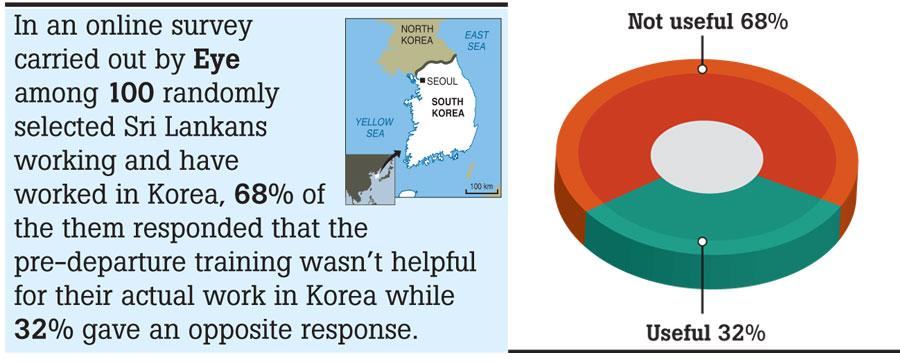
Limitations and contradictions in Govt data
According to Korea Times, during the last decade, close to 6000 migrant workers died in Korea. The Annual Report of 2018 issued by Korea Occupational Safety and Health Agency (KOSHA) has also admitted that the number of fatalities of migrant workers is increasing. KOSHA stated that the rapid influx of foreign workers in Korea and poor working conditions sans safety measures at workplaces are reasons behind the rising of industrial accidents.
In the meantime, Eye observed a glaring discrepancy in the data collected by the SLBFE, Foreign Affairs Ministry (FAM) and Sri Lankan Embassy in Korea about Sri Lankan workers in Korea. The SLBFE data regarding the number of workers who died in Korea does not tally with the numbers provided by the SL Embassy in Korea and FAM, Sri Lanka.
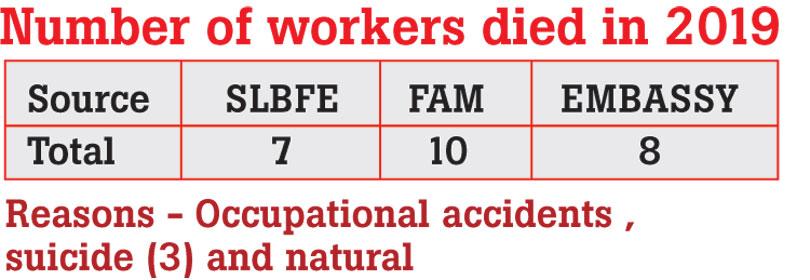
Workers claim that the actual numbers are a concern. As noted, the SLBFE database maintains statistics only on deceased migrant workers whose kin demand compensation. It doesn’t tally or reflect on any other data from outside its system. Hence, there is no way to determine the actual number of deaths occurring in Korea as some may not be accounted for in the database. The SLBFE database is also limited because it doesn’t provide compensation for undocumented deceased migrant workers.
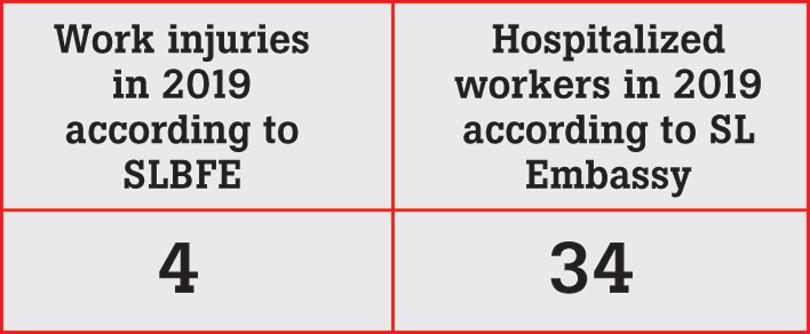
Only four workplace accidents have been reported to the SLBFE in 2019 while a total of 34 Sri Lankans workers have been hospitalized in Korea as per the figures issued by the SL Embassy in Korea. There is a considerable number of alcohol related accidents involving Sri Lankan workers in Korea, however there are doubts whether the remaining 30 incidents of hospitalization have a link to alcohol use.
The President of Ethera Api organization Sri Lanka, JVP MP Sunil Hadunneththi in an interview with the Daily Mirror said that there is no mechanism to monitor what exactly happens to workers after they get dispatched to the workplaces they first sign the contracts with.
“The biggest problem is that the authorized officials appointed by SLBFE have never visited the small villages in Korea to hold a meeting with our workers and check the situations they face. They only organise mobile meet-ups in big cities. Therefore, problems of the workers, who are unable to come to the big cities, never get reported.
Another problem is the lack of legal actions against Korean employers who violate employment contracts. Instead, SLBFE has decided to file court cases against guarantors of the undocumented workers,” said Hadunneththi.
Once a migrant worker departs from Korea, the individual is eligible for four insurance schemes, Return Cost Insurance, Departure Guarantee Insurance, Casualty Insurance and Guarantee Insurance. When asked from Sri Lankan workers as to what makes it difficult for them to receive compensation regarding an accident, they said it is due to language barriers, low awareness of the scheme procedure and irresponsible employers who try to cover up accidents.
Affirming the workers’ claims, a Welfare Officer appointed by the Korean Government, Airangani Rajapaksha, said that some Korean employers are reluctant to report to the authorities the occupational injuries suffered by foreign workers due to possible disadvantages they may face.
She said that under the Korean Law, employers should make more payments to the state-run employment insurance scheme in keeping with the number of industrial accidents. If they are marked as having a high incidence of occupational accidents, they are more likely to be disadvantaged in winning bids for public projects and hiring foreign workers, she stated.
When asked from Sri Lankan workers as to what makes it difficult for them to receive compensation they said it is due to language barriers, low awareness of the scheme procedure and irresponsible employers who try to cover up accidents
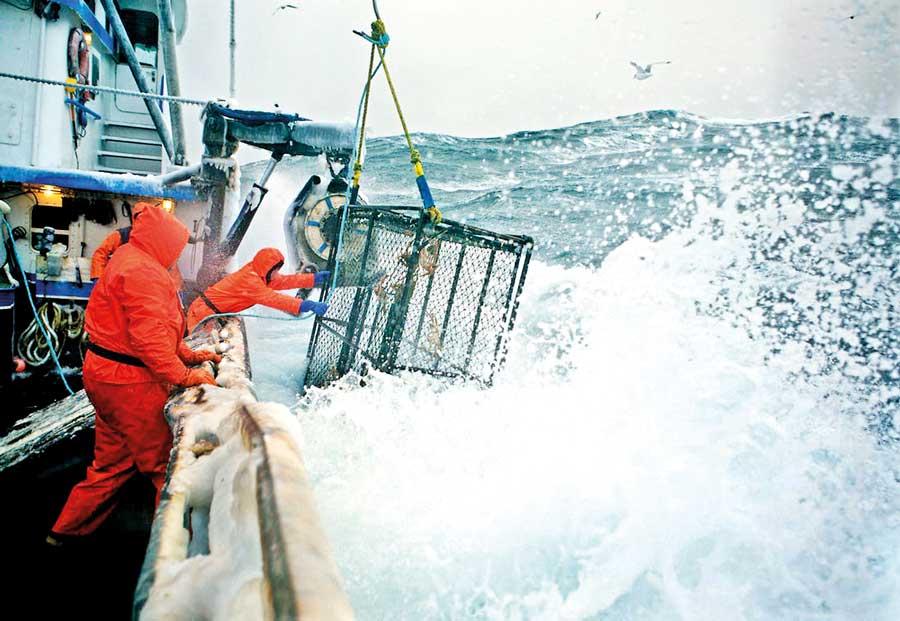
Illegal stayers increasing
Meanwhile, with the increasing number of illegal Sri Lankan workers in Korea, the SLBFE has commenced legal action against them back in Sri Lanka. As stated by Sri Lankan representative of Human Resources Development Service of Korea Kim Won Seok, the ratio of illegal Sri Lankan workers is increasing and it is already around 17%.
“Authorities often warn the workers not to misuse Korean work visas by overstaying their stipulated contract periods. Misusing Korean work visa rules by Sri Lankans would have a negative impact on future employment prospects in Korea,” said Seok.
Deputy General Manager (Legal, Investigation) of the SLBFE Keerthi L.M. Muthukumarana claimed that Korean employers, sponsors and the Government are reluctant to take new workers from Sri Lanka.
“Therefore, we have decided to file civil cases against those who have changed their workplaces in Korea. There are more than 100 cases already filed in Kaduwela District Court,” he said.
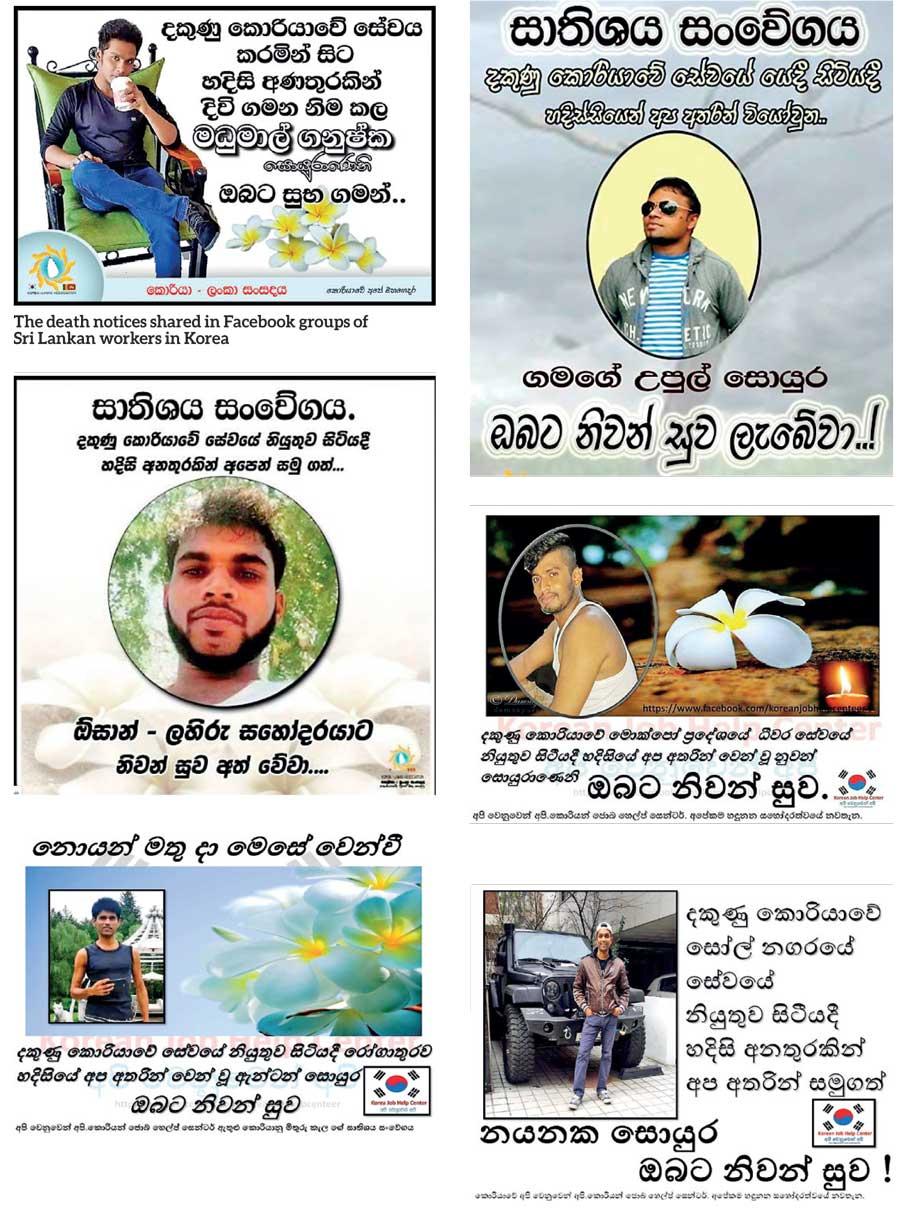
Other alarming issues
During the investigation, we found out several more alarming issues faced by Sri Lankan workers in Korea.
Misusing student visas: According to data maintained by the Korean Government, some 11,000 foreign nationals including Sri Lankans, who initially entered South Korea as international students, are in the country illegally, having overstayed their visas. Dileepa, a committee member of Sri Lankan Students’ Association in South Korea, told Daily Mirror that Sri Lankans should stop using student visa to gain employment.
“The agents are fully responsible for this crisis. Most people who arrive on student visas are unaware of the rules applicable to student visas in South Korea. There are many Sri Lankans becoming helpless after coming to South Korea on fraudulent student visas,”Dileepa said.
Too much booze: Eye learned that there are a number of cases being heard in Korean courts against Sri Lankan migrant workers. Twelve Sri Lankans have been arrested this year and several are sentenced on the report of SL Embassy in Korea. What is more worrying is most of the arrests are related to alcohol-fuelled incidents. The charges include drunk driving, sexual molestation, drug smuggling and even murder.
Rasika Gamage, a factory worker in Ansan, said that Sri Lankans spend more than half of what they earn on alcohol and alcohol related expenses every month. “Like most Koreans, their drink of choice is soju, a spirit made from rice. Ingestion of alcohol before beginning work has become a common habit here,” Rasika stated.
Situational disinhibition: It was learned that risky sexual behaviour has increased in individuals who are separated from their usual sexual partners, away from their own communities and families. There have been a considerable number of Sri Lankan youth infected with STDs after migration to Korea, according to DGM (Legal, Investigation) of the SLBFE Muthukumaranath. Speaking on the STD issue, a manufacturing sector worker Danushka told the Daily Mirror “In addition to those who voluntarily go to red-light streets in Korea, I have met several Sri Lankan guys who have been victims of rackets involving females from South East Asian countries. They become victims and are forced to give ransom to those women,” he said.
Commenting on the above mentioned issues faced by the workers, MP Handunneththi said that the workers who had huge expectations about their futures before migration tend to remain longer in Korea, wasting their hard-earned money on various things and even getting injured at their very dangerous jobs and eventually returning to their motherland as a group of disabled men who are not fit enough to find employment again.
| Eye is Dailymirror ’s newly launched monthly segment to engage with the public through investigative journalism in order to spark action. If you have any issues which deserve to be told in the Eye and which would otherwise go unreported, write to us [email protected] or Deputy Editor - Investigations, Dailymirror, Wijeya Newspapers, No. 8, Hunupitiya Cross Road, Colombo 02, Sri Lanka. |
08 Jan 2025 49 minute ago
08 Jan 2025 2 hours ago
08 Jan 2025 3 hours ago
08 Jan 2025 3 hours ago
08 Jan 2025 3 hours ago